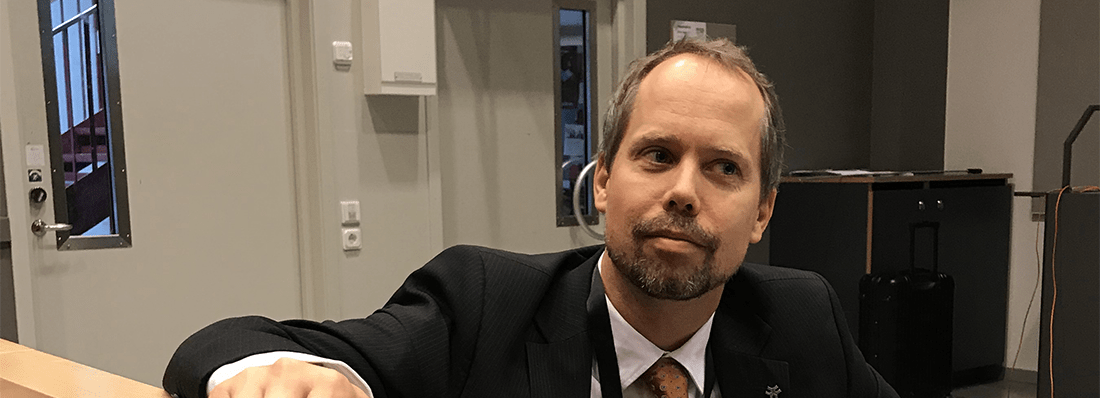By expanding this year’s remanufacturer of the Year awards with brand new categories, the jury grows. Erik accepted to be seated on the jury. With an impressive track record in the circular economy and remanufacturing, Erik has a clear vision of what remanufacturing beholds.
Erik Sundin has been with the Linköping University in Sweden since 1999 and is currently an associate professor at Linköping University, Sweden. Being experienced in research on circular economy and remanufacturing, he wrote his PhD thesis in 2004 entitled Product and Process Design for Successful Remanufacturing. His dissertation is popular (downloaded more than 17000 times) since it is not many dissertations written about remanufacturing. With over 30 journal papers and 81 international conference papers under his belt, Erik is justly recognized for his knowledge in the field of remanufacturing.
Most of Erik's research has been focusing on remanufacturing but lately, the subject of sustainable manufacturing and product service systems has also been researched. Within product service systems Erik is one of the top 5 most cited authors. Within his research, Erik has also arranged the International Conference on Remanufacturing (ICoR-15, 17) and CIRP Industrial Product-Service Systems (IPS2-10, 18).
3 Questions for Erik on his perspective on remanufacturing
1. What is your relation with remanufacturing?
'Right now I’m coordinating academic research on Remanufacturing throughout Europe. I have been performing research on Remanufacturing for 20 years both nationally and internationally as I’ve been working within several national and international research projects where I have participated in 5 European Union projects that focus on improving the preconditions and competitiveness for remanufacturing companies.'
2. What is your perspective on remanufacturing for the next 5 years?
'I think the growing interest on Remanufacturing will continue to grow and will be more visible in international standards and regulations as well as in national legislation.'
3. What do you think will be the biggest challenges in reman?
'To get a fast and industry-broad acceptance among customers, manufacturer and legislators.'






